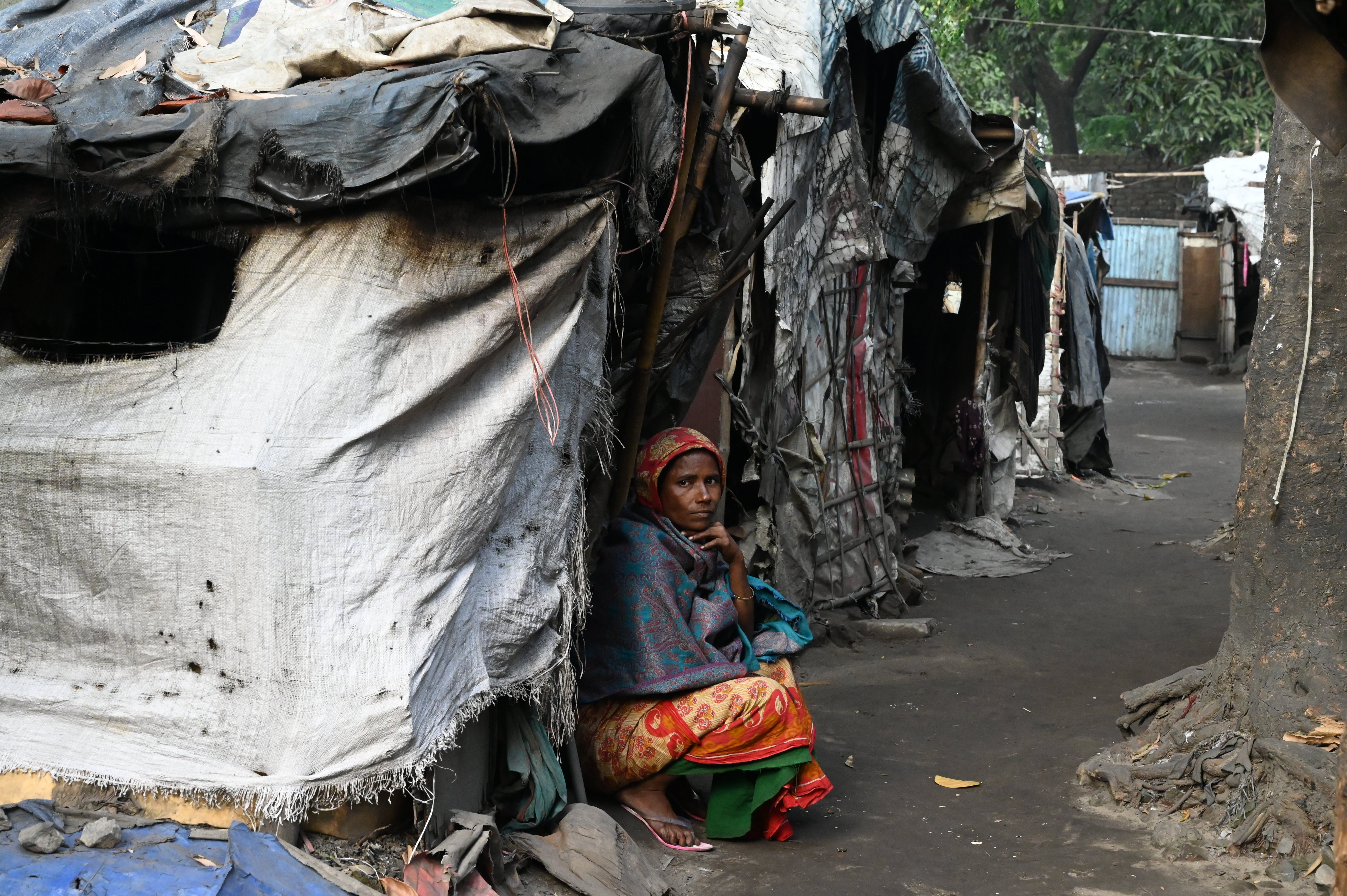WASHINGTON (Dec. 7, 2023) — Although adolescents are less susceptible to illness from COVID-19 than older people, there is evidence suggesting that pandemic lockdowns limited their ability to thrive. A new study by researchers at the George Washington University and colleagues explored changes in outcomes for over 7,000 vulnerable adolescents living in Bangladesh, Jordan and Ethiopia during the COVID-19 pandemic.
Using data collected on outcomes, including education, economic participation, self reported health, and food security both before and at two points during the COVID-19 pandemic, the research team found declines on all measures except for self reported health. Overall, adolescents spent less time studying and had fewer protein-rich meals during the pandemic.
The team found declines were generally worse for more vulnerable adolescents.
The research team also investigated the role of governmental and non-governmental cash and food aid during the pandemic. The researchers report finding little evidence that such aid helped improve the negative social impacts for adolescents.
“Our findings highlight that current safety net programs, which largely focus on poverty alleviation, are insufficient to meet the multifaceted needs of adolescents and are not reaching the most vulnerable populations,” said lead author Jennifer Seager, an associate professor of global health at the GW Milken Institute School of Public Health, “Moving forward, programs that consider the specific needs of adolescents and move beyond poverty alleviation, such as providing vocational or life skills training, are likely to provide additional protection against future shocks.”
Seager and the GW team worked in collaboration with investigators at the University of Oklahoma, Innovations for Poverty Action in Bangladesh, Mindset in Jordan, and Laterite in Ethiopia to do the research, which is part of the Gender and Adolescence: Global Evidence study.
The paper, “Adolescent Social Outcomes Declined During COVID-19: Evidence from Bangladesh, Jordan and Ethiopia,” was published in the December issue of Health Affairs.
-GW-


